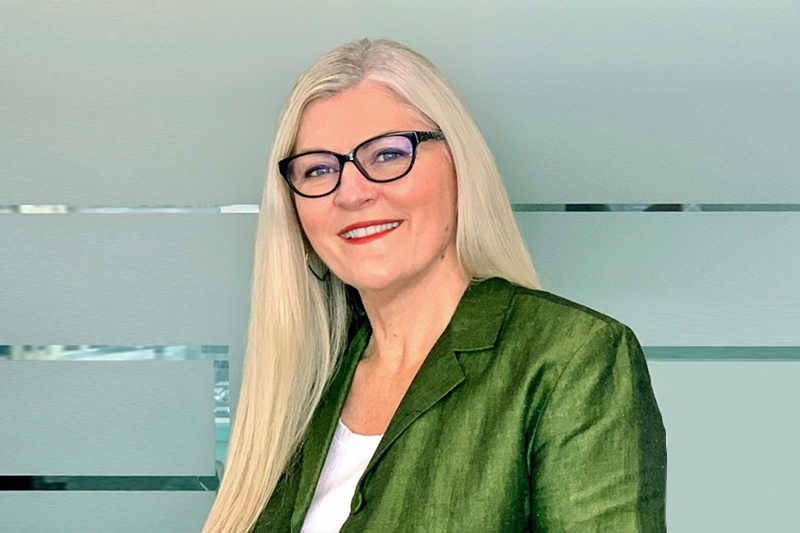Fintechs offering cheap mortgages without advice to borrowers won’t make mortgage advisers redundant.
While there is expected to be a proliferation of fintechs offering a range of online financial services, including mortgages, to Kiwis as open banking becomes embedded, the Finance and Mortgage Advisers Association of New Zealand (FAMNZ) says professional advice will become even more critical.
Just recently launched are fintechs Dosh and Indi offering home loans without any financial advice to borrowers.
Dosh offers a suite of Westpac mortgages and a loyalty cashback reward of up to 0.12% over the term of a mortgage, while Indi (The Independent Mortgage Company) has residential floating mortgages funded by KiwiSaver scheme Generate at rates well below major banks.
FAMNZ country manager Leigh Hodgetts says fintech solutions may suit borrowers with straightforward lending needs, often similar to those who apply directly through banks, however, the reality is that truly “simple” lending scenarios are increasingly rare.
“Where applications fall outside the narrow criteria of a standard loan, they’re often declined by the main banks — and that’s exactly where mortgage advisers step in to add significant value.”
In FAMNZ’s view, “no advice” might appear efficient, but it risks leaving borrowers under-informed and under-served.
Hodgetts says as lending criteria tightens and borrower profiles become more complex, professional advice remains critical.
“There are so many options when it comes to financing and every person has different needs. Finance and mortgage advisers ensure the customer receives a loan that is in their best interests and meets their individual needs.”
Both Dosh and Indi say clients should seek their own advice as they are not authorised advisers.
Mortgage advisers are particularly upset with Dosh which allows borrowers to go online apply for aWestpac mortgage without getting any advice and if successful have trail income paid back to them – a service they cannot offer.
Indi, set up by former KiwiBank executives and backed by independent board director Craig Stobo, Financial Markets Authority (FMA) and Local Government Funding Agency chairman, believes Kiwis are getting a raw deal from the big banks and its philosophy is to have a floating rate at least 0.20% cheaper than the banks’ fixed rates. It does not offer fixed rates.
Hodgetts says services like Dosh may appeal to experienced borrowers with clear-cut lending needs. However, most borrowers still have questions — they’re time-poor, navigating unfamiliar territory, and often don’t know all their lender options, especially in the non-bank space.
“When the bank says no, mortgage advisers step in with alternative solutions. That’s not something most fintechs are geared for,” she says.
Tailored advice
FAMNZ doesn’t see fintechs replacing mortgage advisers, even though the rise of open banking and AI will bring more disruption, but also opportunity.
“We expect a wave of innovation — but professional advice will still be central to borrower outcomes,” Hodgetts says.
More than ever, she says borrowers are seeking tailored advice: which lender best suits their situation; how to structure their loan; which rate option is appropriate; and what strategies are needed to meet long-term financial goals.
“Mortgage advisers provide more than transactional service — they offer relationship-based, strategic guidance.”
FAMNZ’s research last year confirms a significant proportion of home buyers actively seek advice from a mortgage adviser, even if they start the journey online.
Thriving in the fintech era
Although Westpac has backed Dosh and some advisers see it as an attempt to bypass them, FAMNZ doesn’t interpret it that way.
Fintech tie-ups are more about evolving distribution and customer experience than replacing advisers.
“Banks still value the quality and scale of business mortgage advisers bring — particularly when clients require tailored support,” Hodgetts says.
However, mortgage advisers need to communicate clearly the value of personalised advice — not just during the loan process but over the life of a client relationship.
“It’s this human insight, strategy, and tailored support that fintechs can’t replicate,” Hodgetts says.
Advisers also need to stay up to date with new technology, products and industry trends and initiatives. “Those who are not continuing to develop themselves will not succeed over time.
“This professional value is the defining difference, and advisers who articulate this well, will continue to thrive.”

![[TMM Podcast] Yelsa serves up “marine reserve” of property buyers](https://www.goodreturns.co.nz/pics/mike%20harvey.jpg)



 Search
Search
